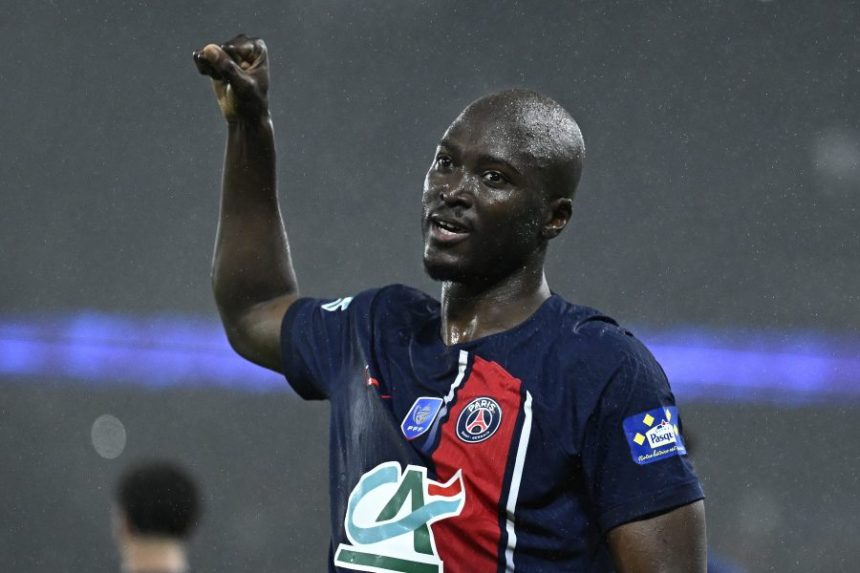In an interview with Le Parisien, Danilo Pereira talks about his departure from Paris Saint-Germain after four seasons. Despite other opportunities abroad, he was forced to leave PSG due to internal decisions. He talks about the difficulties during transfer negotiations and the feeling of being underestimated by management, while expressing his attachment to Paris and the fans.
Danilo “I had other opportunities. But they weren’t possible because Paris turned down so many offers”.
“I had other opportunities. But they weren’t possible because Paris turned down so many offers. There were exchanges with FC Porto and Atlético de Madrid. I had contacts in Italy and Germany. But these transfers were blocked for financial reasons.
The club was asking for a lot of money. From the end of the 2023-2024 season, I had the feeling that something strange was going on… Luis Campos then came to see me to tell me that I was no longer part of the plans. It was the coach’s choice, and I didn’t discuss it with him.
Danilo “I didn’t want to continue at a club where I wasn’t counted on”.
I didn’t want to continue at a club where I wasn’t counted on. When I was told: you don’t count, you have to look for another club, that was OK. It’s a situation that exists in all clubs. On the other hand, it was hard while we were negotiating with other teams. That was the problem. They didn’t make it easy for me to leave. That’s what hurt me, because I’m really fond of Paris. I wanted to continue my career there.
Danilo “People at the club didn’t value what I achieved”.
It wasn’t easy, because I didn’t expect the club to leave me out of the squad. That was the most painful feeling. I don’t think I deserved this treatment. It’s been very hard. Do I feel I’ve been recognized at my true worth? With the fans, yes. Internally, I don’t think so.
I’m happy with the job I’ve done at PSG. I’m happy with the recognition the Parisians have given me. But internally, on the whole, this work has been underestimated. People at the club haven’t put much value on what I’ve achieved. Sometimes it’s important to say a few words.”
Danilo Pereira’s revelations cast a harsh light on PSG’s practices when it comes to managing player departures. This testimony raises questions about the club’s ethics and its ability to treat its employees with respect, even when they are no longer part of the plans.
The contrast between the player’s attachment to the club and the cold treatment he received is striking. This situation highlights a recurring problem in modern soccer: the dehumanization of relations between clubs and players. Blocking transfers for financial reasons, while at the same time keeping the player away from the squad, seems a contradictory strategy and potentially damaging to the club’s image.
This approach could deter future talent from joining PSG, fearing similar treatment. Ultimately, this case shows the importance of transparent communication and fair treatment of players, even when they part company. Perhaps PSG, a club with global ambitions, should review its strategy to preserve its appeal and reputation in the long term.

